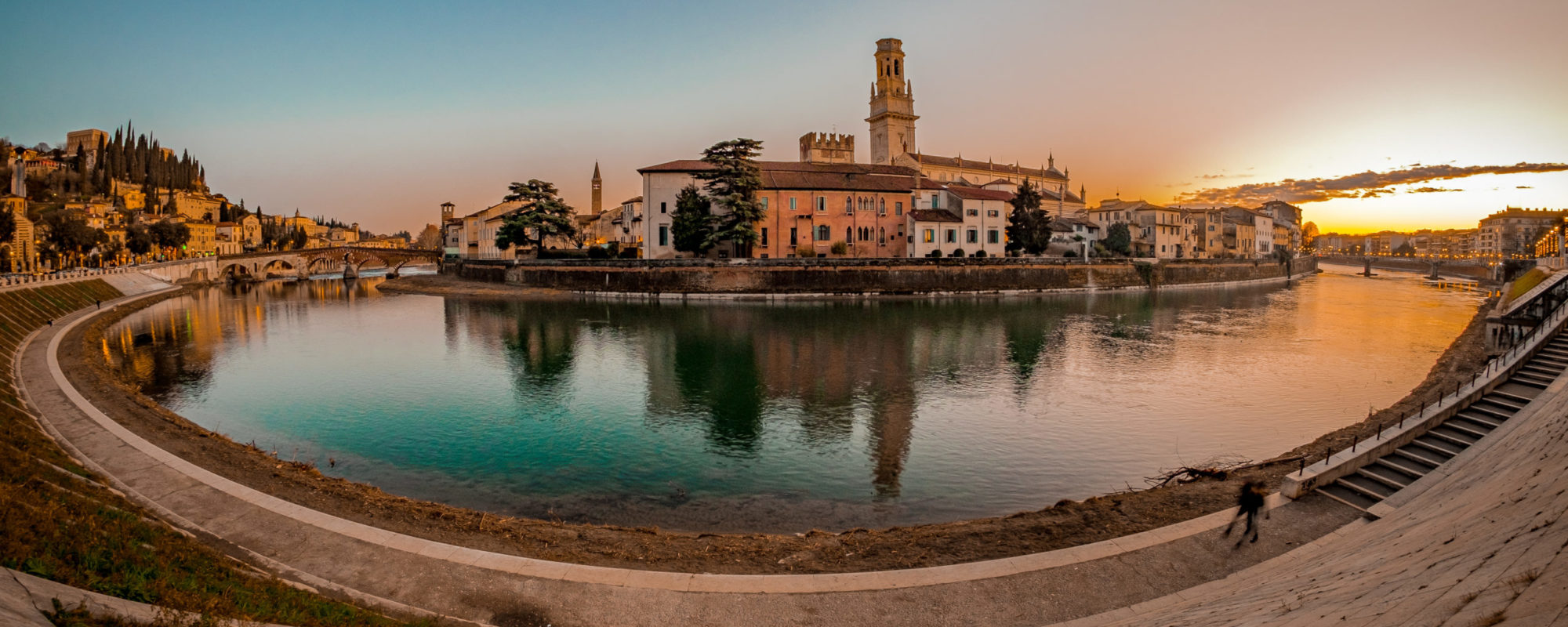The toxicity induced by radiation on healthy tissue is one of the critical points in the treatment of tumors with radiotherapy. Such damage is caused by unavoidable radiation in healthy tissues outside the neoplasm, which can reach values almost equal to those of the directly irradiated tumor volume. Estimating the biological damage induced by the radiation is therefore of paramount importance to devise an optimal strategy aimed at minimizing any undesired effects.
The cell survival curve represents the link between physical measurable quantities, such as the dose, and the biological damage induced by radiation. A precise and robust model to predict cell killing due to a given irradiation pattern is a mandatory tool to develop accurate treatment planning for cancer radiotherapy. Up to date, cell survival mechanistic models are mainly based on an empirical base linear-quadratic (LQ) formulation. Currently, none of the available models is able to provide an accurate description of cell killing for different cell types and radiation field qualities. One of the main issues to achieving this goal is the high number of physical and biological parameters of different nature involved.
Machine Learning (ML) and Deep Learning (DL) have emerged in the last decades as revolutionary tools to improve data-driven modelization in a wide variety of applications where many different variables can affect the overall result.
This project aims to apply advanced and modern ML and DL techniques to estimate as accurately as possible the biological damage induced by radiation to both tumors and healthy tissue. Specific attention will be devoted to the whole pipeline to develop a robust and advanced ML/DL model, from data cleaning and feature engineering to finally obtaining the most accurate model possible. The model will be developed using existing experimental data available in the literature.
Instructor: Francesco Giuseppe Cordoni (University of Trento)
Participants:
- Merle Backmeyer, ETH Zürich
- Yuliia Nad National, Technical University of Ukraine
- Matteo Garbelli, University of Trento
- Michele Capolongo, Università degli studi di Milano
- Ben Hamscher, University of Wuppertal
Where:
Room T.08, Veronetta, Istituto Ex-Orsoline, via Paradiso 6, 37129 Verona